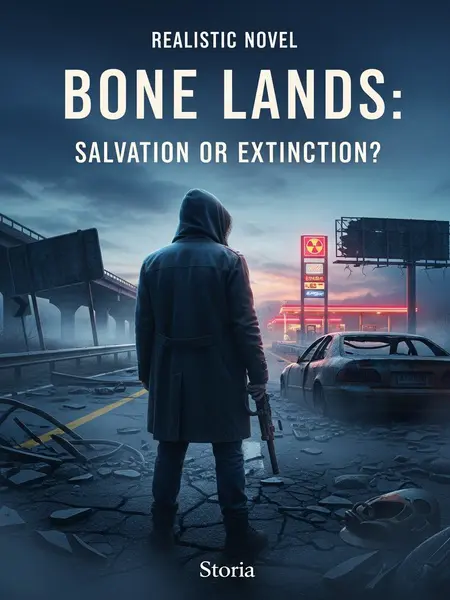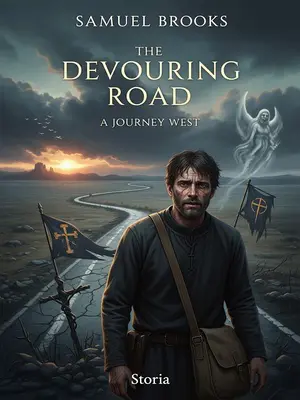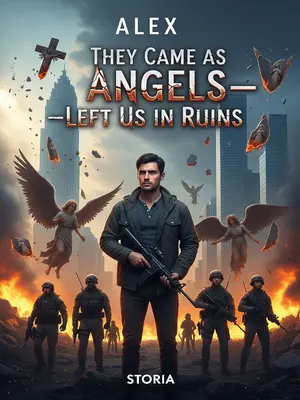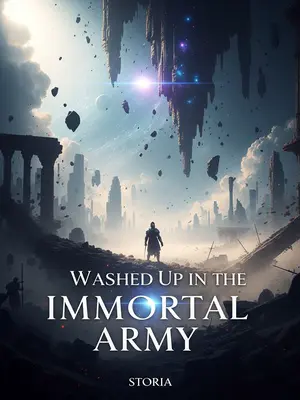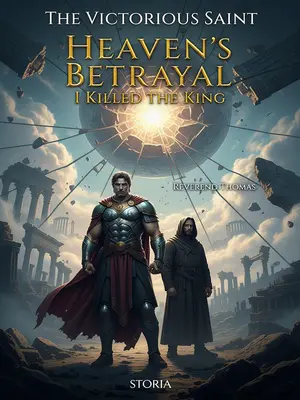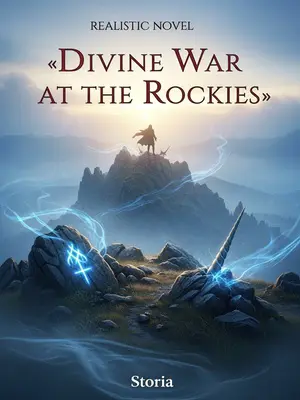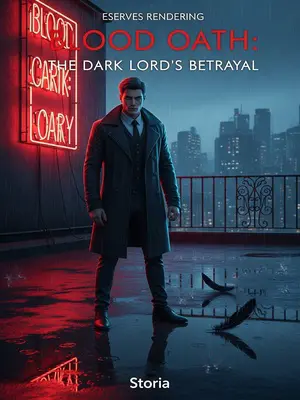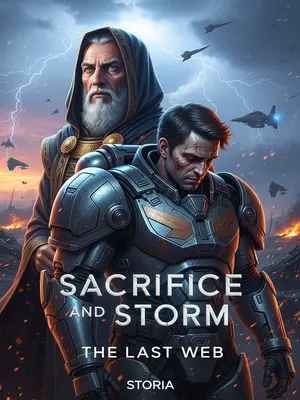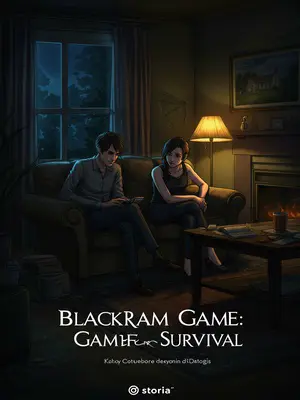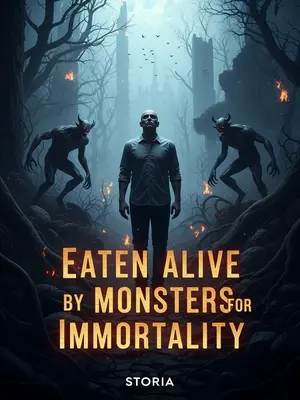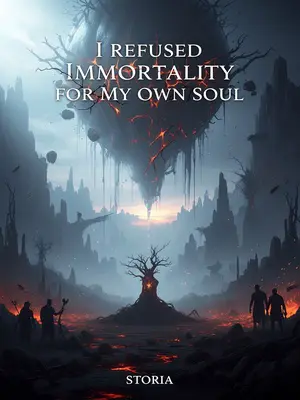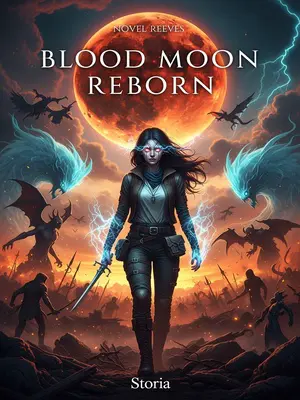Chapter 3: Fate and the Suicide Squad
The Journey to the West mission required selecting a vanguard team from the 81,000 purification workers of the Continental Purification Authority.
That’s a lot of boots on the ground, but when the chips are down, only a handful get picked for the suicide squad—the ones who draw the short straw.
Their main task: locate the anchor point of the power source and transmit its signal back.
Find it, tag it, and pray someone else can haul it home. On paper, it’s simple. In reality, it’s a coin toss with death.
The Continental Sanctuary would then send a support team to retrieve the signal source.
If you survive long enough to send the signal, backup might come. But nobody bets on it—hope is a currency in short supply.
The challenge: in the region 67,000 miles to the west, less than 6,000 miles can be surveyed. The rest is shrouded in thick clouds and mist, undetectable by satellites.
It’s like driving blind into a hurricane. The maps stop, the satellites go dark, and you’re left with gut instinct and luck—just like the old pioneers, minus the hope.
No one knows if there are enough supplies along the way; mechanical armed forces are almost impossible to deploy.
You pack what you can carry, hope the engines hold, and pray you don’t run out of fuel before you run out of luck. Water purification tablets, ration cards, and a prayer for spare parts are your best friends.
On the giant screen in the Continental Sanctuary, the Journey to the West plan was announced to all Purification Authority staff.
The whole crew packed into the mess hall, eyes glued to the screen. It felt like the Super Bowl, only the losers didn’t get a second chance.
At the same time, the screen scrolled through numbers; the chosen number would become the vanguard captain.
It’s like a lottery where the prize is a death sentence. No cheers, just a lot of nervous glances.
The noisy crowd fell silent; everyone stared at the massive screen.
You could hear a pin drop. Even the air seemed to hold its breath, thick with dread.
When the screen stopped, it landed on 10087.
Everyone sucked in a breath. Some folks crossed themselves; others just looked away, not wanting to see the poor soul picked for the job.
A young face appeared, half his cheek covered by machinery, blue eyes full of worry.
He looked like he’d just been drafted into the big leagues and realized the team was losing. Sweat beaded on his forehead, hands shaking.
Everyone knew the vanguard team for this mission was likely on a suicide run; clearly, the boy was the unlucky one.
You could see it in his eyes—the fear, the resignation. Nobody wanted to meet his gaze, as if bad luck could be caught like a cold.
Saint Gatling pressed his palms together, closed his eyes, and softly intoned, yet his words carried through the hall:
"This is fate, so it must be."
It sounded almost like a preacher’s benediction, but with a cold edge. Fate here isn’t a comfort—it’s a sentence.
The boy squatted on the ground, choking back sobs, while everyone avoided him as if he were the plague.
Nobody wants to catch bad luck, not even in a world where monsters roam. The boy’s tears felt heavier than lead, each one a silent scream.
Seeing this, the boy finally broke down and wept.
His sobs echoed off the metal walls. For a moment, you could almost forget the monsters outside, the world shrinking to just one kid’s pain.
I held a chip in my palm, planning to tell Saint Gatling later that I would take the boy’s place.
I’d made up my mind. Family isn’t always blood, and 10087 was as close as I’d ever had to a kid brother. I couldn’t let him go alone.
All along, 10087 and I had been on the same team; I already saw him as my younger brother.
We’d patched each other up more times than I could count. I’d promised him once, after a monster attack, that I’d always have his back.
But first, I needed to replace at least a third of my body with prosthetics, or I couldn’t make the crossing.
Out here, the more metal you have, the longer you last. My old bones weren’t up to the job—not yet. I remembered watching football players strap on prosthetics after injuries—here, it was survival, not sport.
At that moment, a lazy voice rang out. A thin man seated nearby spoke:
"Forget it, forget it. With you like this, I can’t entrust our hope to you. This Journey to the West mission, leave it to me."
He sounded like he’d just woken up from a nap, but there was steel in his words, a confidence that made everyone listen.
The boy looked at the thin man in surprise; the man slowly stood, bearing the number 001.
Everyone recognized the number—Samuel King, the legend. The room went silent again, but this time in awe, not fear.
His body was almost entirely prosthetic, his spine forged from steel, walking with creaking mechanical sounds.
He moved like a cyborg cowboy, every step echoing with the weight of a hundred battles. You could smell the ozone and oil, the scars of old fights.
He was one of the earliest purification workers; once, to remove a nuclear bomb fragment, his entire body was polluted.
They say he crawled out of the blast zone, half-dead, never stopped fighting. He told me once about the taste of ash and the sound of bones crunching underfoot.
In that era when names mattered less than numbers, everyone remembered this hero—Samuel King!
Kids whispered his name in the bunkers, swapping stories about his battles. He was the boogeyman for monsters and the last hope for the rest of us.
Samuel walked through the crowd, stepped to the front, and implanted a signal chip in his neck.
No ceremony, no speeches—just the cold click of metal and the hum of tracking circuits. That’s how heroes volunteer in this world.
Electronic signals could track Samuel anywhere not covered by clouds.
Even in the worst storms, the chip would light up on the Sanctuary’s screens. It was our lifeline—one more hope in a world running out of them.
Saint Gatling looked at Samuel but shook his head:
"Samuel, you have too many prosthetics; during non-combat movement, your energy consumption is too high. You simply can’t reach the West."
It was the kind of disappointment you feel in your bones. Gatling’s voice was gentle, but the words cut deep—like a coach telling his best player he’s benched for good.
Samuel’s eyes dimmed. He opened his mouth, but finally said nothing.
You could see the fight in him, but sometimes even legends run out of road. He clenched his jaw, shoulders stiff.
I stepped forward, but the boy held me back. I reached out and gently patted his head:
"Don’t worry, your brother will come back."
He nodded, tears still streaking his face. I gave him a half-smile—the kind you use when you’re scared but have to be brave for someone else. I remembered a promise I’d made after the last monster attack: I’d never leave him behind.
I walked over to Samuel, smiling:
"Count me in for the journey west. But… I don’t have prosthetics…"
My voice shook a little, but Samuel just grinned, clapping me on the shoulder, eyes shining with old fire.
Samuel grinned, laughing boldly:
"You handle the traveling, I’ll handle the fighting! I’m all combat-type prosthetics!"
It was the oldest deal in the book—brains and brawn, side by side. We’d make it work or die trying. We’d made a pact once, after a close call: never quit, never leave each other behind.
We bumped fists—a mutual recognition between men.
It wasn’t just a gesture; it was a promise. In the wasteland, a fist bump means you’ve got each other’s back. It reminded me of football locker rooms, the unspoken bond before the big game.
Samuel’s massive mechanical fist gave me a sense of security, as if all monsters blocking the way would be smashed by his iron fist!
For a second, I almost believed we could win.
Saint Gatling nodded slightly and led us to the core fortress cluster of the Continental Sanctuary.
He didn’t say much, but his nod meant everything. If Gatling believed in us, maybe we had a shot—hope flickered, just for a moment.
